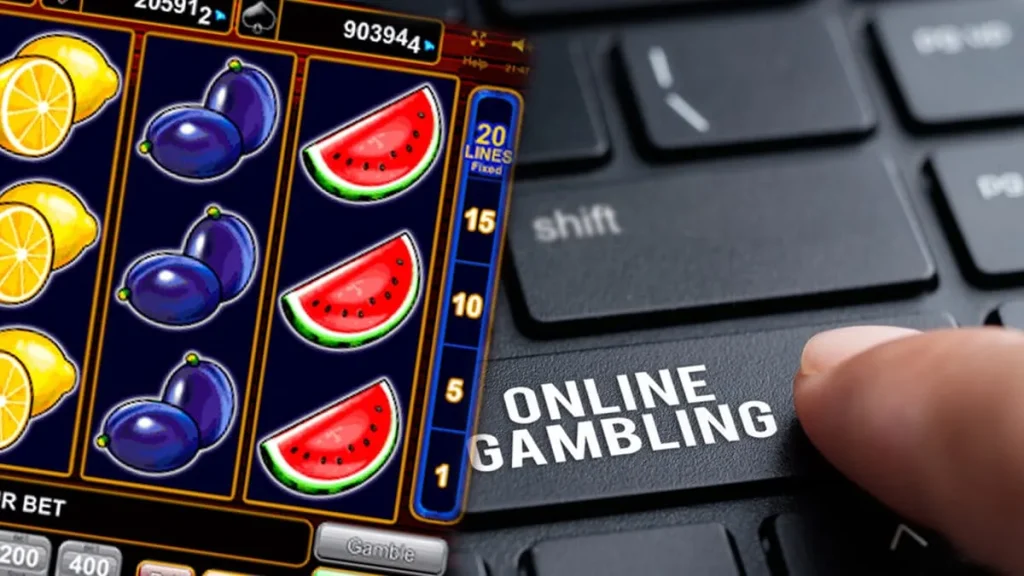With colorful graphics, smooth animations, and engaging sound effects, Fortune Rabbit provides an entertaining experience for all skill levels. Players can explore unique features, discover bonus rounds, and aim for special combinations that increase winnings. Whether you are a beginner or an experienced player, the game offers endless excitement and the opportunity to test your luck with every spin.
Fortune Rabbit makes every session enjoyable with its simple yet captivating design. The intuitive interface ensures that players can start spinning without complications. Special features and bonus rounds keep the gameplay fresh and rewarding. The game offers clear instructions and easy navigation, making it accessible to everyone who wants to enjoy thrilling slot adventures.
Key Features of Fortune Rabbit Slot
- Vivid Graphics and Animations: The game offers bright, attractive visuals that enhance the player’s experience.
- Smooth Gameplay: Spins are fast and seamless, keeping players engaged throughout.
- Bonus Rounds: Special rounds provide extra chances to increase winnings.
- Easy to Play: Simple controls make it accessible to both beginners and experienced players.
- Multiple Winning Combinations: Players can achieve various combinations to maximize rewards.

How to Play Fortune Rabbit
Playing Fortune Rabbit is straightforward. Follow these simple steps to start your adventure:
- Set Your Bet: Choose the amount you want to bet per spin.
- Spin the Reels: Click the spin button to start the game.
- Look for Combinations: Match symbols across paylines to win prizes.
- Trigger Bonus Features: Unlock bonus rounds and free spins by hitting special symbols.
- Collect Rewards: Watch your winnings accumulate and enjoy the thrill of success.
Tips for Maximizing Wins
- Understand Paylines: Knowing how paylines work increases chances of winning.
- Manage Your Budget: Set a limit to ensure long-lasting gameplay.
- Use Bonus Rounds Wisely: Bonus features often lead to bigger rewards.
- Stay Consistent: Regular spins improve the chance of hitting winning combinations.
Fortune Rabbit also offers an immersive experience for players who enjoy interactive gameplay. The game balances excitement with rewards, making it ideal for those seeking both fun and opportunity. Every session offers new possibilities, from small wins to jackpot-level prizes. The combination of colorful visuals, rewarding features, and smooth mechanics ensures that players remain engaged and entertained.
In conclusion, Fortune Rabbit is a slot adventure full of entertainment and winning potential. With its vibrant design, easy-to-understand gameplay, and numerous bonus features, it guarantees an enjoyable experience for all players. Whether you want to relax with casual spins or aim for bigger prizes, Fortune Rabbit provides endless excitement and rewarding opportunities. Start spinning today and immerse yourself in this thrilling slot adventure.







